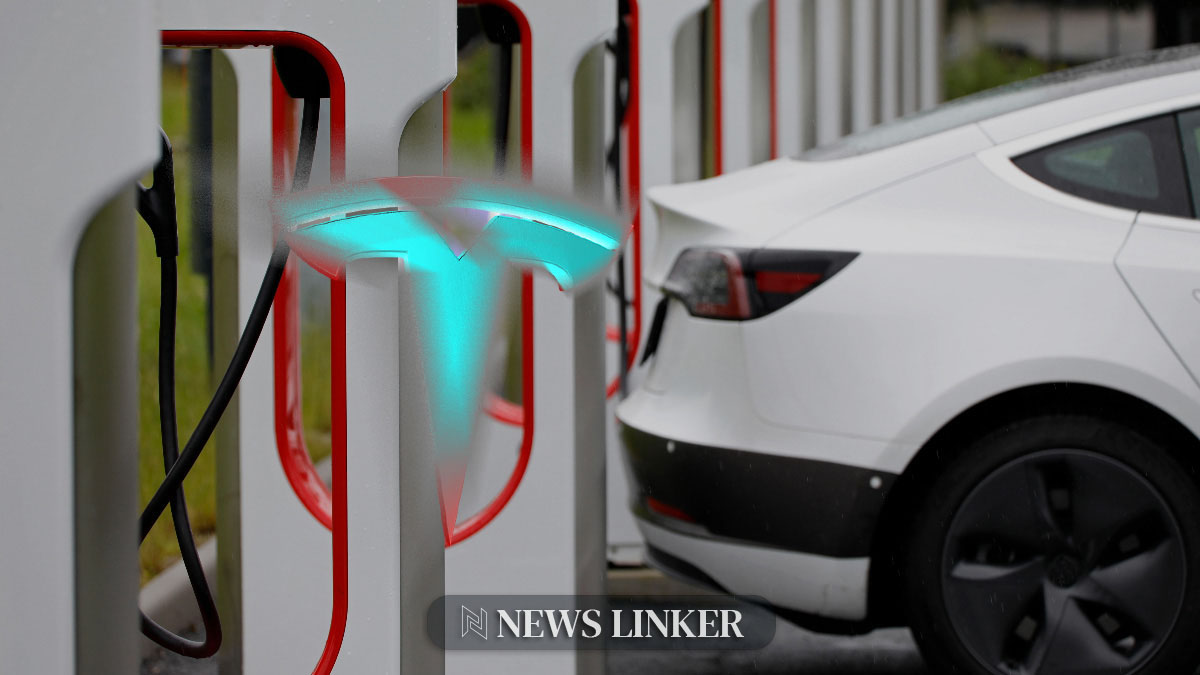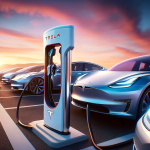The 2023 article “Comparative Analysis of Operational Advantages and Disadvantages Between Conventional Internal Combustion Engine Vehicles and Electric Vehicles based on Tesla,” published in Highlights in Science, Engineering, and Technology, closely examines the automotive industry‘s pivot towards electric vehicles (EVs), spotlighting Tesla, Inc.’s role in this shift.
This transition, largely motivated by environmental sustainability and efficiency improvements, places Tesla at the forefront of the movement, comparing its operational and financial performance against traditional automotive giants like Volkswagen and Toyota.
Tesla, founded in 2003 by Martin Eberhard and Marc Tarpenning and later led by CEO Elon Musk, has not only championed the development of high-performance EVs but also ventured into solar energy and battery storage, aiming to expedite the global shift to sustainable energy.
Tesla’s journey, marked by the launch of innovative vehicles like the Roadster, Model S, X, 3, Y, the Semi, and Cybertruck, reflects its commitment to sustainability and technological innovation. With the Model 3 becoming the world’s best-selling plug-in electric car and the Model Y leading global vehicle sales in 2023, Tesla’s strategies and achievements underscore the transformative potential of the new energy vehicle sector.
Despite facing legal, regulatory, and public scrutiny, Tesla’s unwavering focus on pushing technological boundaries—evidenced by its open patent policy—highlights its significant contribution to reshaping the automotive landscape towards a more sustainable and technologically advanced future. This narrative not only aligns with the findings of the comparative analysis but also emphasizes Tesla’s pivotal role in driving the automotive industry’s evolution.










